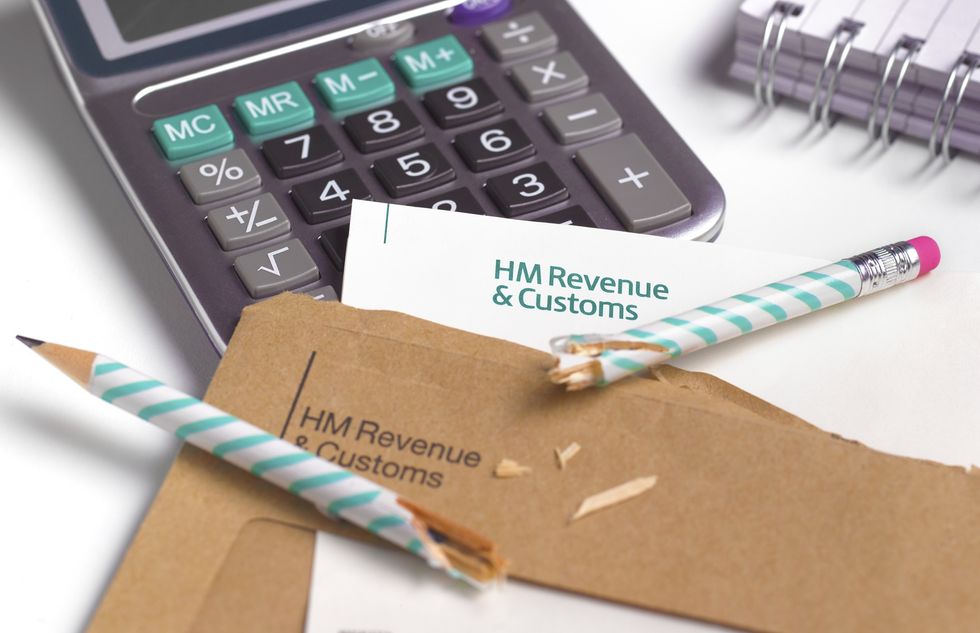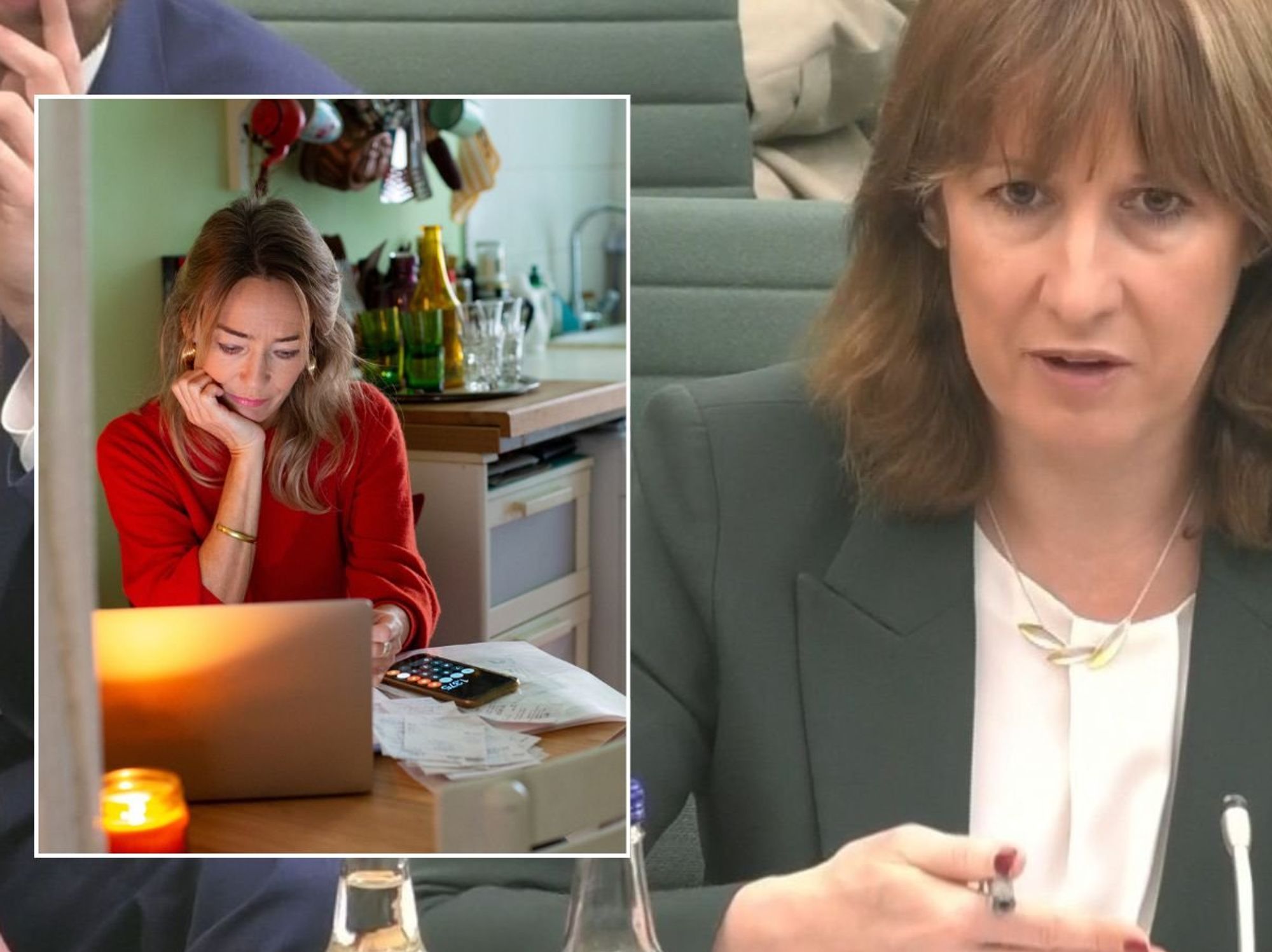'I pay tax on my pension income and am due state pension next year. Is paying even more tax inevitable?'

Jasmine Birtles explains tax on private and state pension income in this week's pensions and retirement Q&A
Don't Miss
Most Read
Latest
Have you got a pensions and retirement question you'd like Jasmine to answer? Get in touch by emailing money@gbnews.uk.
Question: "I have a company pension of around £1,800 a month after tax (I think it's ridiculous that I pay tax on my pension). I am due the state pension next October 2025.
"How can I avoid paying more tax? Or is it inevitable like death?"
Jasmine replies: Yes, I hear you about paying tax on your pension payments.
I think everyone receiving a pension is irked by the fact that it is counted as part of their taxable income.
As the state pension goes up there are also more people who have found themselves caught in the income tax net too!
 Fiscal drag is causing Britons to pay more tax | GETTY
Fiscal drag is causing Britons to pay more tax | GETTY When it comes to avoiding paying more tax than you need to on this income, here’s what Rosie Hooper, a Chartered Financial Planner at Quilter Cheviot, says: “First, it’s important to understand the current tax situation for pension income in the UK.
"For the tax year 2024/25, the personal allowance, which is the amount of income you can earn before paying tax is., £12,570.
"Any income above this amount is taxable. Pension income is taxed as regular income, and the rates in England, Wales and Northern Ireland for the 2024/25 tax year are 20 per cent on income over £12,570 and up to £50,270, 40 per cent on income over £50,270 and up to £125,140, and 45 per cent on income over £125,140.
“Given that your company pension is £1,800 a month after tax, it suggests your gross pension could be around £2,000 per month or £24,000 per year.
"Adding the state pension, which is approximately £10,600 per year for the full new state pension, your total income would be around £34,600 per year. This will make you a basic rate taxpayer.
“Firstly, when you retire, you can usually take up to 25 per cent of your pension pot as a tax-free lump sum.
"If you haven’t already done so, consider if this option is available to you.
“If you’re still able to contribute to a pension, doing so can provide tax relief. Contributions to a personal or workplace pension receive tax relief at your marginal rate. For example, for a basic rate taxpayer, a £100 contribution effectively costs you £80.
“Depending on whether you are married or in a civil partnership you may also be able to reduce the tax your household pays by utilising the Marriage Allowance. This could save up to £252 a year in tax.
“Similarly, you should ensure that any other savings are sheltered in tax-advantageous environments like ISAs.
MORE FROM GBN MEMBERSHIP:
"That way any interest or gains earned on these monies will not be taxed via capital gains or income tax.
“While it’s difficult to entirely mitigate tax completely on your pension income, these are a few strategies that you could employ to ensure that you pay the correct amount of tax.”
So, there are quite a few options for you there! It might also be helpful for you to have a session with an independent financial advisor to see if they have any other clever little ways to reduce the annoying tax you have to pay each year.
Jasmine Birtles is the founder of MoneyMagpie.com. Sign up for her free, fortnightly investing newsletter here.










